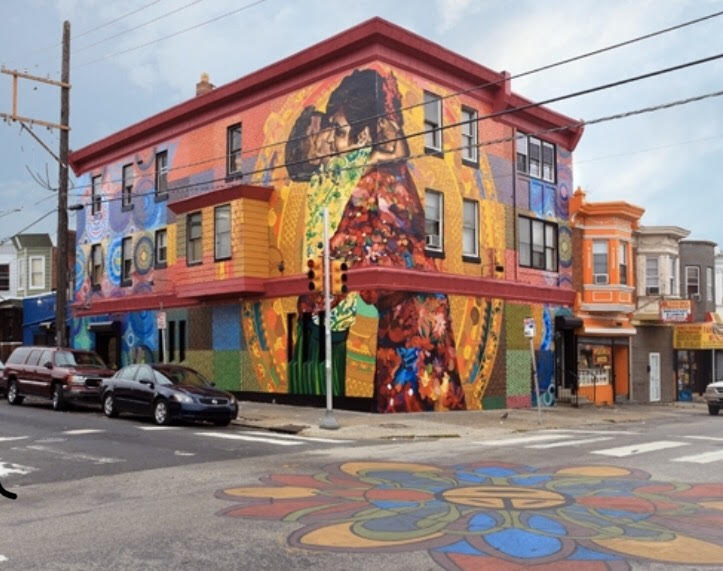“Oops, nope, you gotta push the door, like this,” I said as I mimicked the motion of pushing. Smiling and laughing somewhat shyly, the father skirted past his kids to open the door as we left our first doctor’s appointment.
I serve at the Nationalities Service Center (NSC), which is a service provider for refugees and other humanitarian immigrants in Philadelphia. For every refugee who enters the United States, the assigned resettlement agency has 30 days to check a host of boxes. One of the required steps for each refugee is completion of the health screening, in which a refugee is seen by a doctor in the U.S. for the first time. The health screening typically lasts several hours, as doctors are meeting an entirely new patient with a lifetime’s worth of medical history to uncover. Before we leave the health screening, the doctors, patients and I meet together to go over the plan for each person’s health care, including referrals and setting up future appointments. As I see it, this is my “official” introduction to our clients, as I will be the person from NSC helping coordinate their health care until they can do it on their own.
As the father opened the door for his children, my head spun as I tried to organize my thoughts. We had just spent six hours at the screening, and much had happened: the children were examined by a nurse, taken back to a room and seen by doctors and additional nurses, left the room to have blood drawn and vaccinations administered, and seen by more people. Meanwhile, hospital employees were carting around a computer monitor with an online interpreter, so there was a way for the family and hospital staff to communicate with each other. Furthermore, every time the doctors needed to talk to the father, they had to start from the very beginning to explain the aspects of what they were saying, because the father wasn’t aware of many basic medical terms. The health screening was definitely a “savage ballet,” and it was a long day for all of us. Even though I watched the doctors diligently try to explain everything to the father in order to keep him in the loop, I left unsure if the father really understood what had just happened. I had barely been able to start processing the day for myself.
This blog post might be a bit anecdotal, but I feel that it works as a metaphor for my experience so far at NSC. At the end of an intense day, we might all be a little confused, but I am able to witness the strength and resilience of our clients in the way that a father humorously rolls his eyes and gently laughs because his teenage son does not know how to open a “push” door. No matter how complicated an interaction, we still have to teach each other how to do basic things, like say “hello” in a different language, or write our names on a sign-in sheet at a hospital, or push open a door. It’s a reminder to me of our shared humanity, because we will all make it through in the end by doing ordinary things, and, occasionally, some things that are a little more remarkable. At NSC, we connect our clients to the health care that they ask for and need. I do ordinary things all day: I act as a guide, to show clients how health care systems work in the U.S., until they are able to navigate the systems on their own; I serve as a presence, to remind our clients at doctor’s appointments that I am there to advocate for them, if they need it. I am here to help as a facilitator of care – no more, and no less. I am bearing witness to human beings who are beginning their lives in a new world, and who know how to persevere through the most difficult of times in order to live their lives. As a fellow human being, this feels like one of the highest honors.

